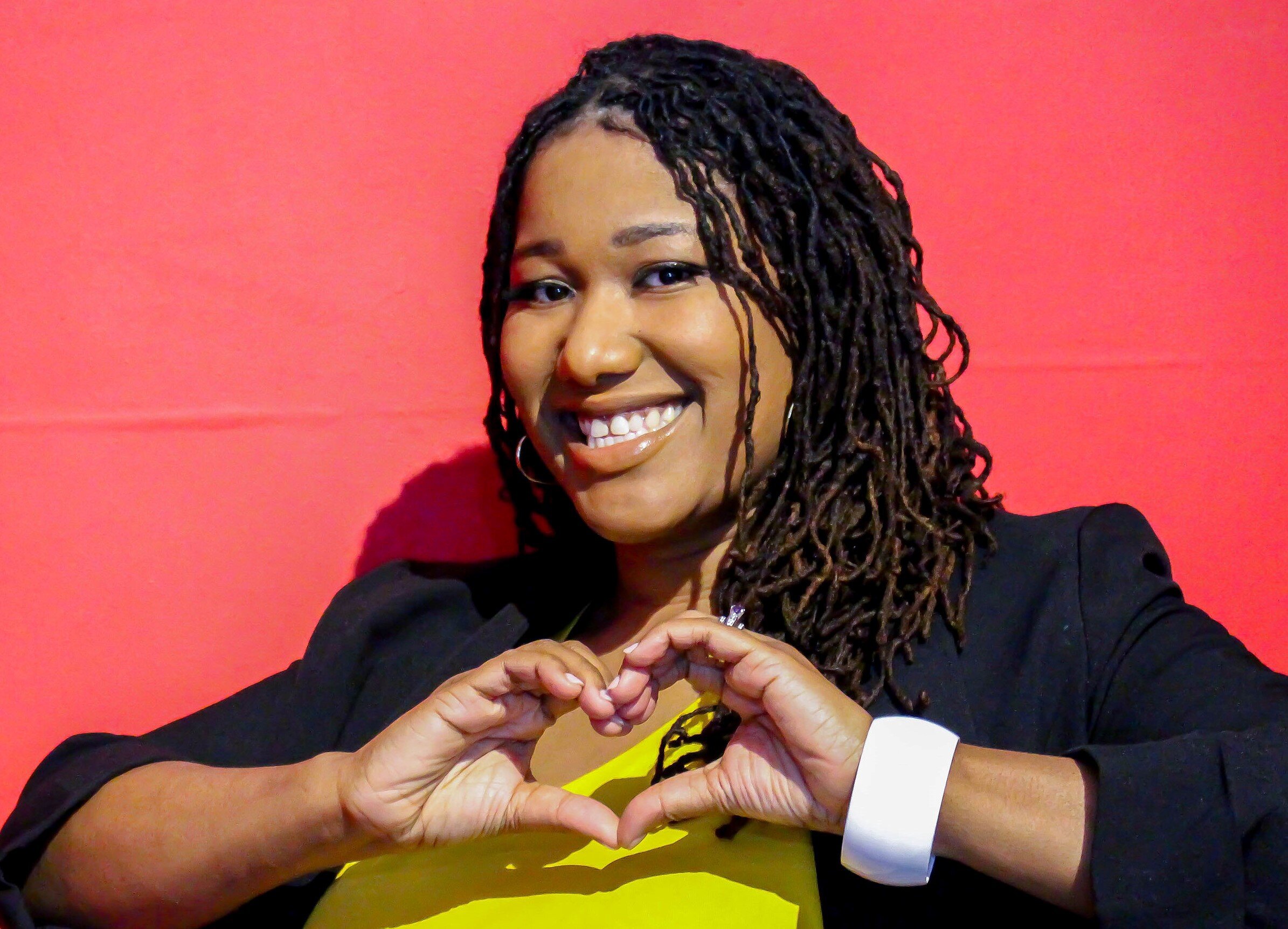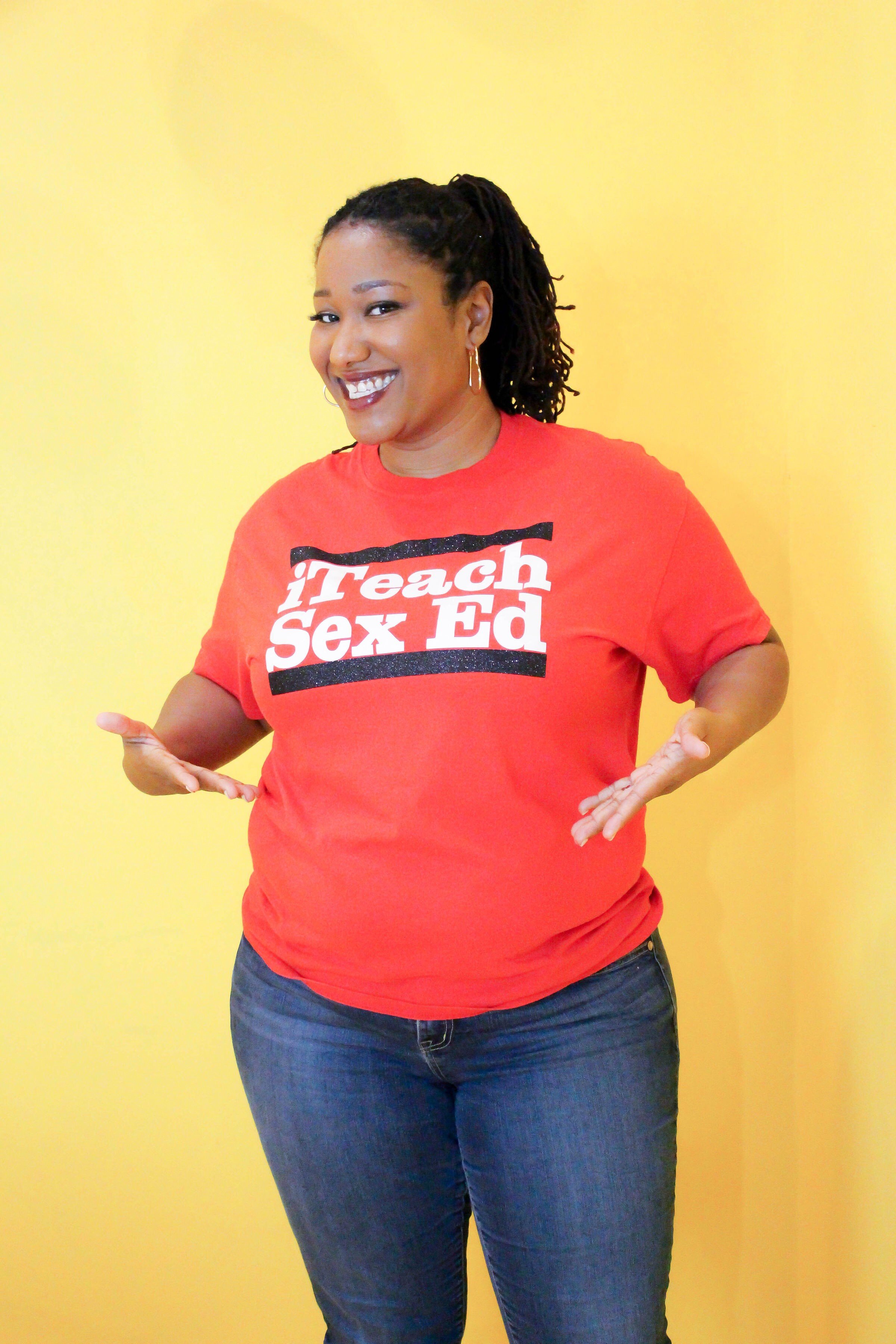Finding Empowerment in Your Sexuality
Meet Dr. Lexx Brown-James, a sexologist who is on a mission to break through stigmas and misconceptions in order to help people live their most pleasure-filled lives.
MSB: Can you introduce yourself to our readers? Who are you, what do you do and what are your passions?
LBJ: I’m Dr. Lexx (She|Her|Dr) and I’m a sexologist who helps couples build, maintain and perpetuate intimacy. As an LMFT and the #couplesclinician I treat couples as a system and my main client is the relationship. In education, I work as a consultant for curriculum building, educating professionals around topics of sexuality and helping organizations incorporate reproductive justice and intersectionality in their work.
MSB: Can you tell me a little about the Institute for Sexuality and Intimacy? How did you get involved and what kinds of resources do you offer?
LBJ: The Institute was founded to fill a gap I found here in St. Louis. I am the first Black certified sexuality educator here and the only Black certified educator supervisor. I love being in community and supporting folks with marginalized identities. As the CEO of the institute, I am able to create pathways to follow my own passions while promoting healing and fostering pathways for others who are seeking to become sexuality professionals.
MSB: How have you seen stigmas around STIs affecting people’s ability to take command of, and be empowered by, their own sexuality?
LBJ: In my practice, I see a lot of people who have been infected with an incurable STI and are wrestling with the shame of having the diagnosis. I see people feel unworthy, especially when something in the media comes up. I often find that what people perceive as rejection, actually does not happen as readily as they believe it will. Folks typically are working through anxiety regarding to outbreaks, feelings of betrayal at being infected and working through what it means for their own sex lives and reproductive health. People often fear that they will never be able to have sexual pleasure again with a lover, and that’s a myth I love to see through.
MSB: Why do you think it is so important for people to talk about sex and their sexuality?
LBJ: I think pleasure is a right for all people and all bodies. Sexuality is something that people often get stuck on with the first three letters; they don’t get that it encompasses the whole self, sensuality, self-esteem, power and sexuality and intimacy too. It’s more than what someone does with their genitals and people often don’t know that. Sexuality involves your spirit, how to build and sustain deep relationships, and how to have pleasure in your body through all things. From the food you eat to the clothes you wear, to just being in the body you are in and the fact that all of that pleasure counts and is important.
Once people can identify how to generate their own pleasure, they can show others how they like to be pleasured. Then each person can have some support in facilitating pleasure with the other. Sex and sexuality are a big part of how we show others who we are and even explore who we want to be; so, it’s integral to have regular discussions regarding various aspects of sexuality.
MSB: We recently did a month on menstruation and found that our cycles were a huge source of shame and embarrassment, rather than empowerment. What do you think is the number one biggest misconception people have about the menstrual cycle? Why do you think that is such a prevalent misunderstanding?
LBJ: A common misconception is that periods are gross and that there is only one nice, neat, way to have a period. When I say nice, neat way, I mean people expect those who menstruate to be “nice:” Never have a bleed through, able to afford all the menstruation tools they need and to be happy about it. I recall the failed campaign of, “Have a happy period” and people who menstruate were like, “Why?!?”
Further, the nice, neat, way to have a period also extends to that it is only the menstruators’ responsibility to care for themselves at that time. There is literally an organ shedding and moving tissue through the body, and some folks think it’s disgusting and should be kept quiet. This is THE MOST IMMATURE standpoint I have ever witnessed. Almost alongside that is the idea that a “period” should only result in one dot of blood based on the cleanliness, alkaline, whatever other whimsical nonsense some person told them.
The fact that folks only think those who menstruate need to know about menstruation might be the biggest misconception actually and it’s a prevalent misunderstanding because of patriarchy and colonization. In various cultures, menstrual blood is powerful and the person who is menstruating is supposed to rest, be catered to, and have sacred time to recover. Somewhere, this ideology was washed out of the cultural linen, like all of the other bloodstains in creating this society. So instead, folks who menstruate are seen as emotional, hormonal, and imbalanced, despite the fact that during this time the menstruator’s hormone levels actually resemble those assigned male at birth in terms of testosterone levels. But again, those who do not menstruate typically don’t learn this information because someone somewhere decided they didn’t “need” to learn it.
MSB: What do you think is the number one thing people can do to embrace their sexuality and find empowerment in it?
LBJ: To embrace sexuality and find empowerment I truly believe that people have to start with curiosity and selfishness. I say selfishness because people often feel they are being selfish by focusing on themselves. Although I absolutely disagree, I’m okay with giving people permission to be selfish here, to solely focus on satisfying your curious pleasure solo and consensually with others.
Put yourself at the center of your curiosity and explore what it means to you for your body to feel good, through touch, gender expression, reproductive health, building relationships, power exchange and more. Once you start to explore, I ask you to question those individuals and institutions in your life that dictate what sexual empowerment is and get curious about where your values and beliefs align and where they are divergent. This is another place to seek empowerment because you start to build self-efficacy — the belief in yourself — which is maybe the most empowering tool you can create when it comes to sexuality.



